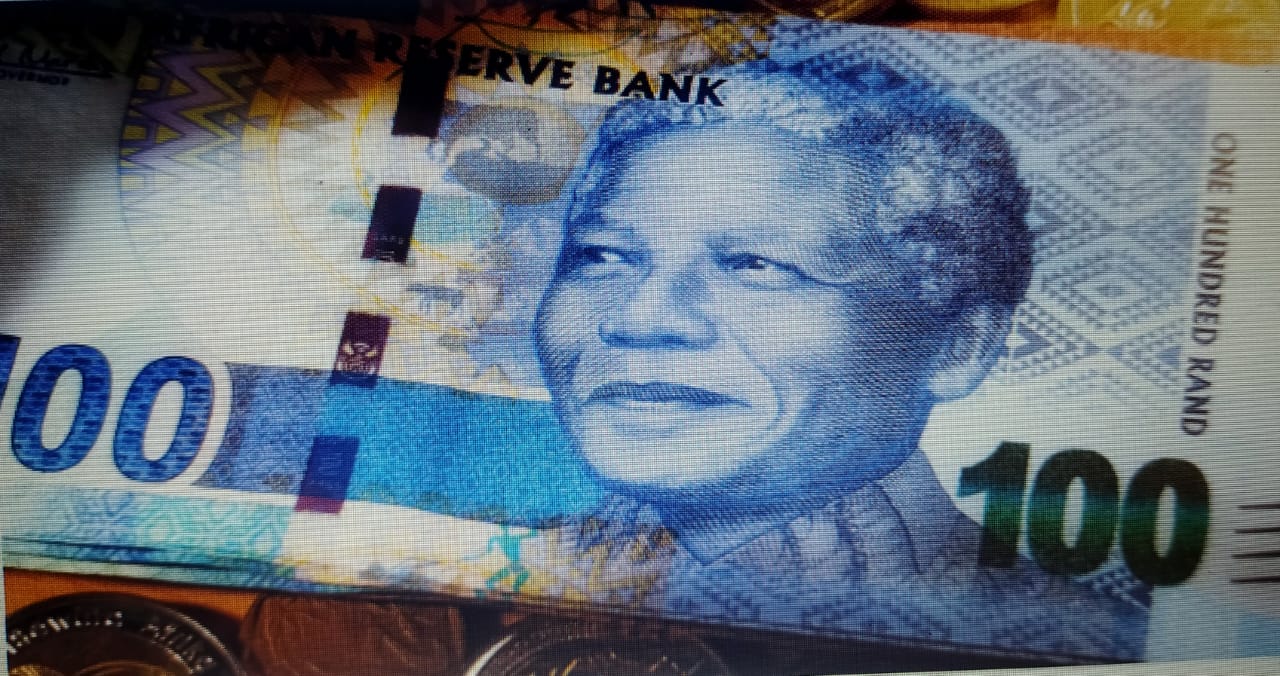Nelson Mandela: A Legacy of Forgiveness and Freedom
Introduction
Meet Nelson Mandela
Nelson Mandela, born on July 18, 1918, in Mvezo, South Africa, was a revolutionary leader who dedicated his life to the fight against apartheid and the pursuit of freedom and equality for all South Africans. His legacy as a symbol of peace, forgiveness, and reconciliation continues to inspire people around the world.
Early Life and Activism
Mandela’s early years were marked by his involvement in anti-colonial politics and his leadership in the African National Congress (ANC). His commitment to the struggle against apartheid led to his arrest and imprisonment, but he remained steadfast in his beliefs and goals.
The Long Walk to Freedom
Mandela’s journey to freedom was long and arduous. He spent 27 years in prison, during which time he became a symbol of the anti-apartheid movement and a rallying point for those seeking justice and equality in South Africa.
Imprisonment and Resilience
Robben Island and Solitary Confinement
Mandela’s imprisonment on Robben Island was a formative experience that tested his resolve and resilience. Despite harsh conditions and prolonged solitary confinement, Mandela remained committed to his principles and vision for a free and democratic South Africa.
Education and Leadership
During his imprisonment, Mandela continued his education, earning a Bachelor of Laws degree through a correspondence program. He also emerged as a leader among his fellow prisoners, advocating for better treatment and maintaining the morale of his comrades.
International Pressure and Mandela’s Influence
Mandela’s imprisonment garnered international attention and condemnation of the apartheid regime. Pressure from the international community, coupled with Mandela’s unwavering leadership, played a crucial role in bringing about change in South Africa.
The End of Apartheid
Negotiations for Democracy
In the late 1980s, as apartheid began to crumble under internal and external pressure, Mandela engaged in negotiations with the South African government for a peaceful transition to democracy. His leadership and willingness to forgive were instrumental in bridging the divide between black and white South Africans.
Release from Prison
On February 11, 1990, after 27 years behind bars, Mandela was released from prison to a jubilant crowd of supporters. His release marked the beginning of a new era in South Africa’s history and set the stage for the end of apartheid.
Presidency and Reconciliation
In 1994, Mandela was elected as South Africa’s first black president in the country’s first fully democratic election. During his presidency, Mandela focused on reconciliation and healing the wounds of the past, emphasizing forgiveness and unity as the path forward for South Africa.
The Legacy of Forgiveness
Truth and Reconciliation Commission
Mandela established the Truth and Reconciliation Commission (TRC) to help South Africa come to terms with its past and promote national unity. The TRC provided a forum for victims and perpetrators of human rights abuses to tell their stories and seek forgiveness.
Embracing Former Adversaries
One of Mandela’s most remarkable qualities was his ability to forgive and reconcile with those who had oppressed him and his people. He reached out to former adversaries, including his prison guards and political opponents, in a spirit of reconciliation and forgiveness.
Healing a Nation
Mandela’s legacy of forgiveness and reconciliation played a crucial role in healing the wounds of apartheid and building a new, inclusive South Africa. His leadership set an example for future generations and demonstrated the power of forgiveness in overcoming the divisions of the past.
Global Impact and Recognition
Nobel Peace Prize
In 1993, Mandela was awarded the Nobel Peace Prize, along with then-South African President F.W. de Klerk, for their efforts to peacefully end apartheid and lay the foundations for a democratic South Africa. The prize was a testament to Mandela’s status as a global icon of peace and reconciliation.
Mandela’s Influence Beyond South Africa
Mandela’s influence extended far beyond the borders of South Africa. He became a symbol of freedom and justice worldwide, inspiring people everywhere to stand up against oppression and injustice.
Continuing Inspirations
Even after his death in 2013, Mandela’s legacy continues to inspire people around the world. His life and teachings serve as a reminder of the power of forgiveness, reconciliation, and the human spirit’s ability to overcome adversity.
Conclusion
Lessons from Nelson Mandela’s Life
Nelson Mandela’s life teaches us valuable lessons about the power of forgiveness, reconciliation, and leadership. His ability to forgive his oppressors and work towards a peaceful and inclusive society serves as an example for all humanity.
The Power of Forgiveness and Reconciliation
Mandela’s legacy is a testament to the transformative power of forgiveness and reconciliation. His willingness to forgive and seek common ground with his former adversaries helped heal a divided nation and inspire a new era of peace and democracy in South Africa.
A Legacy of Freedom and Unity
Nelson Mandela’s legacy is one of freedom, unity, and hope. His life’s work has left an indelible mark on South Africa and the world, reminding us all of the importance of standing up for justice, equality, and human rights.





